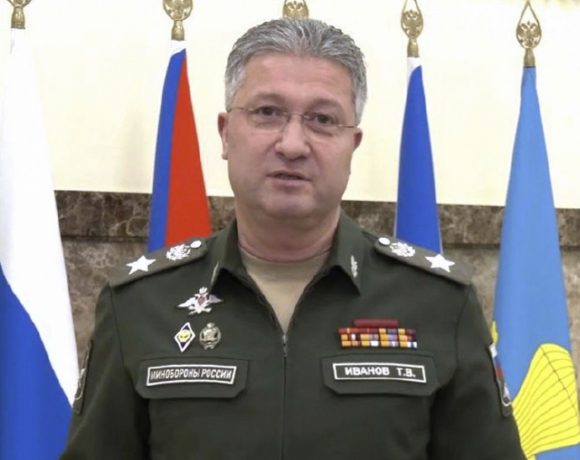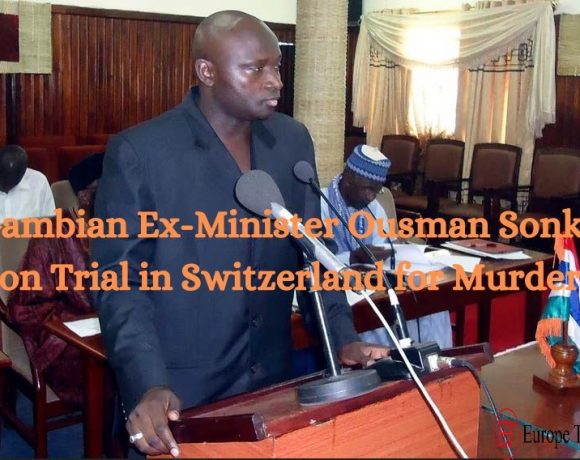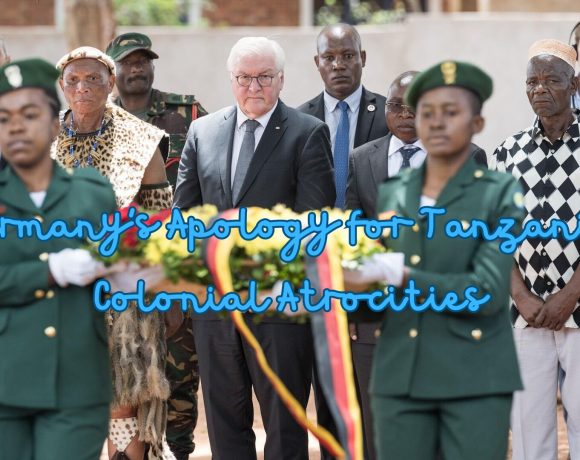
Recent events have once again brought attention to the issue of corruption within Russia’s government, particularly within its military. Timur Ivanov, a deputy defence minister, is facing serious accusations of accepting large-scale bribes. His denial of these charges comes at a time when Russia is grappling with systemic corruption, especially within its military projects.
The allegations against Ivanov have drawn scrutiny from activists who have long criticized corruption in Russia’s corridors of power. His close relationship with Defence Minister Sergei Shoigu adds complexity to the situation, highlighting the interconnectedness of Russia’s political and military spheres.
Rumors of treason surrounding Ivanov’s arrest add further intrigue to the case. Despite Kremlin’s dismissal of such claims, speculation persists, leaving the public seeking clarity amidst official statements and media reports.
Accusations from the Anti-Corruption Foundation linking Ivanov to malpractices in Ukraine’s occupied territories shed light on the human cost of corruption in conflict zones.
As Ivanov faces legal proceedings, the potential consequences, both legally and politically, are significant. The case underscores the widespread nature of corruption within Russia’s government and its impact on global politics, as evidenced by international sanctions against Ivanov.
Beyond Ivanov’s individual fate, the case raises questions about Russia’s ability to combat corruption within its military leadership and institutions. The fallout from this high-profile case may test the resilience of Russia’s governance structures in addressing endemic corruption.
Picture Courtesy: Google/images are subject to copyright







